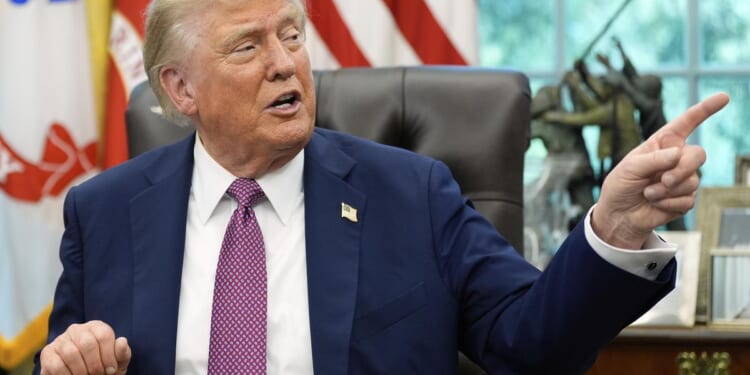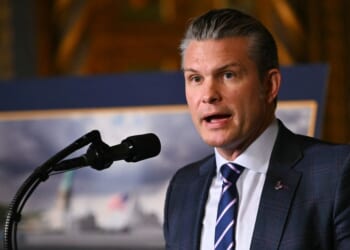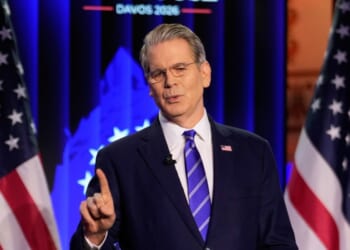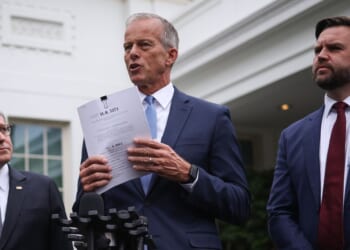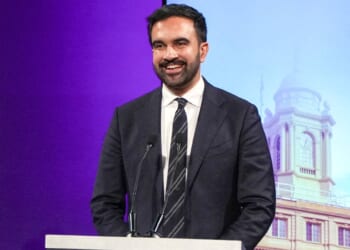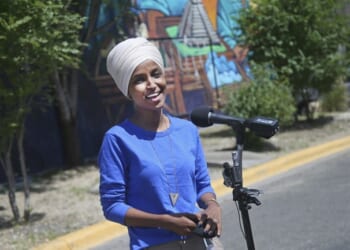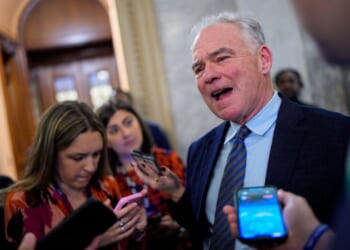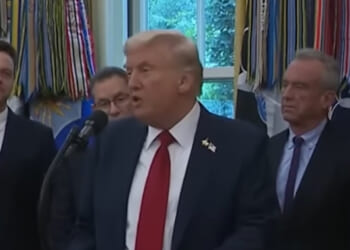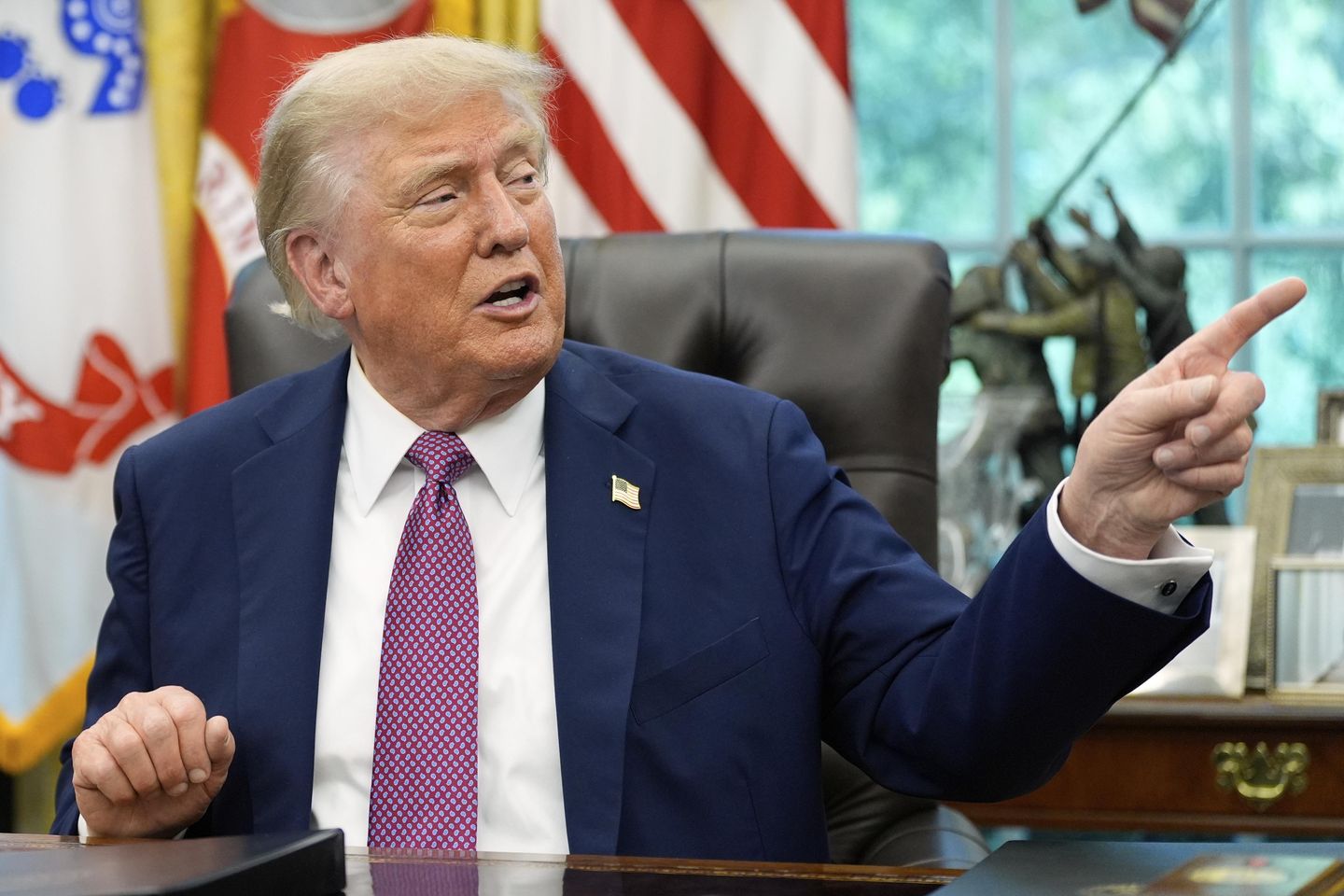
President Trump said the U.S. will not have representation at the Group of 20 summit in South Africa this year, citing the country’s treatment of White farmers.
Mr. Trump had previously said that he would not be attending the summit, which is slated for later this month in Johannesburg. Vice President J.D. Vance was said to be going in his absence.
“It’s a total disgrace that the G20 will be held in South Africa,” Mr. Trump wrote on social media Friday. “Afrikaners (People who are descended from Dutch settlers, and also French and German immigrants) are being killed and slaughtered, and their land and farms are being illegally confiscated.”
“No U.S. Government Official will attend as long as these Human Rights abuses continue,” he said. “I look forward to hosting the 2026 G20 in Miami, Florida!”
The president said earlier this week that South Africa “shouldn’t be in the G’s,” in reference to the G20.
The Trump administration has maintained that the South African government has allowed the attacks and persecution of White Afrikaner farmers. He granted refugee status to the minority Afrikaners who fled South Africa earlier this year, with a group arriving in May.
The president met with South African president, Cyril Ramaphosa, in May at the White House, where he pressed him on the issue. Mr. Ramaphosa was caught by surprise during the visit that he said he hoped would “reset the strategic relationship between the two countries,” when Mr. Trump played a presentation and asked the foreign leader to address the issue.
The government has said any claims of persecution against White Afrikaners are “completely false.”
“The South African Police Services statistics on farm-related crimes do not support allegations of violent crime targeted at farmers generally or any particular race,” the country’s Ministry of International Relations and Cooperation said in a statement.
“There are sufficient structures available within South Africa to address concerns of discrimination. Moreover, even if there are allegations of discrimination, it is our view that these do not meet the threshold of persecution required under domestic and international refugee law,” the ministry said.

